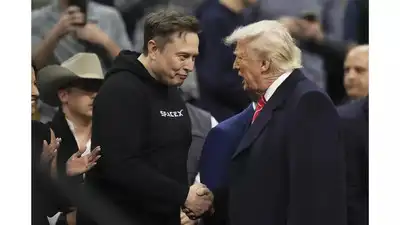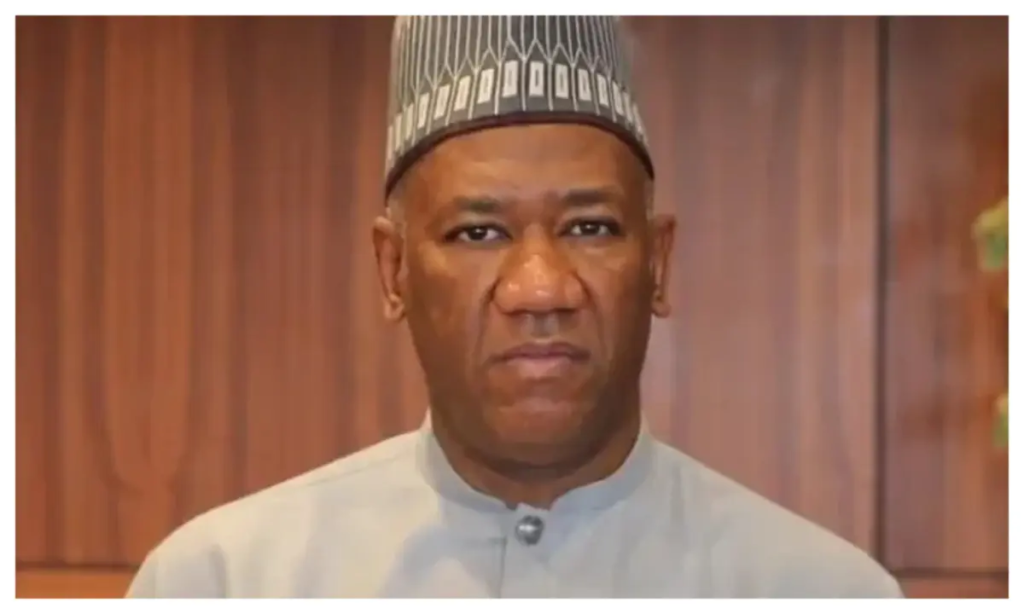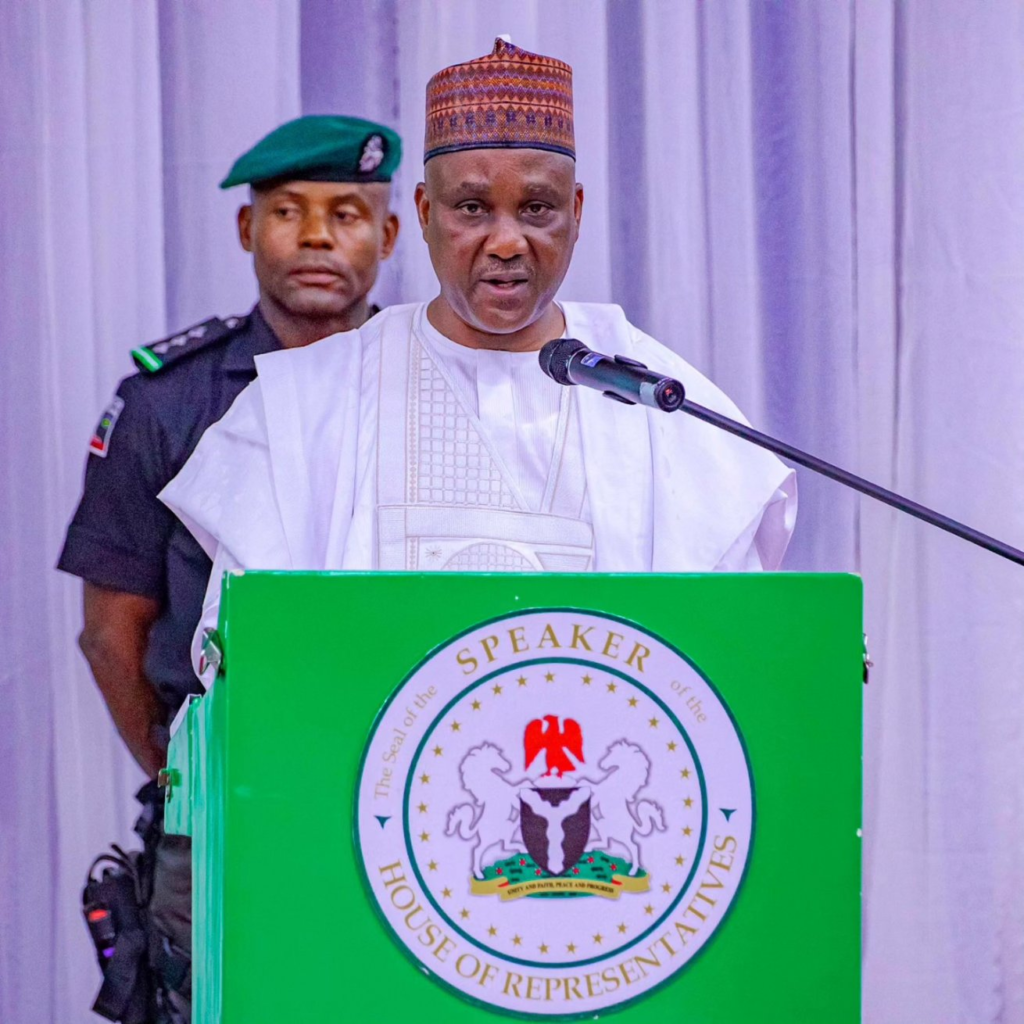Billionaire entrepreneur Elon Musk has concluded his short but high-profile tenure in the Trump administration, stepping down from his leadership role in a controversial initiative aimed at slashing the size of the federal government.
Musk announced his departure late Wednesday via a post on his social media platform, X, thanking former President Donald Trump for appointing him to lead the Department of Government Efficiency—nicknamed “Doge.” The special task force was created to reduce government spending and streamline bureaucracy.
“As my scheduled time as a Special Government Employee comes to an end, I would like to thank President @realDonaldTrump for the opportunity to reduce wasteful spending,” Musk wrote. “The @DOGE mission will only strengthen over time as it becomes a way of life throughout the government.”
White House officials confirmed to the BBC that Musk’s formal offboarding began Wednesday night. His role, classified under federal guidelines as a “special government employee,” was limited to 130 workdays annually—a threshold he has now reached since Trump’s January 20 inauguration.
While Musk’s exit had been anticipated, the timing raised eyebrows. It came just a day after he publicly criticized Trump’s newly passed budget bill. In a CBS interview, Musk warned that the bill—laden with multi-trillion-dollar tax cuts and expanded defense spending—would explode the federal deficit and “undermine” the very goals of Doge.
“I think a bill can be big or it can be beautiful,” Musk remarked. “But I don’t know if it can be both.”
Initially vowing to cut $2 trillion from the federal budget, Musk later revised that goal downward several times—to $1 trillion, and then to $150 billion—as Doge ran into legal, logistical, and political hurdles. Approximately 260,000 of the nation’s 2.3 million federal civilian employees were reportedly laid off or took voluntary exit packages. However, some terminations—such as those affecting workers in sensitive national security programs—were later overturned by federal courts as unlawful.
In an April interview with The Washington Post, Musk acknowledged the growing backlash: “Doge is just becoming the whipping boy for everything. Something bad would happen anywhere, and we would get blamed for it even if we had nothing to do with it.”
The controversy extended beyond Washington. Musk’s involvement with Doge coincided with sharp disruptions at Tesla, the electric carmaker he helms. Tesla posted a 13% drop in deliveries during the first quarter—its worst performance on record—triggering a stock plunge of up to 45% before a partial rebound. Protesters vandalized Tesla cars and charging stations, while activists called for a boycott. U.S. Attorney General Pam Bondi responded by warning that attacks on Tesla property would be prosecuted as acts of “domestic terrorism.”
Under intensifying pressure, Musk told investors last month he would “allocate far more of my time to Tesla” and reaffirmed his commitment to remain CEO for at least five more years. He also pledged to scale back political donations, after reportedly spending close to $300 million supporting Trump and Republican candidates during the 2024 election cycle.
Musk’s exit closes a dramatic chapter in Trump’s return to the White House, but it leaves open questions about the future of the Doge initiative.
“The Doge mission will only strengthen over time,” Musk declared. Whether that mission can thrive without him, however, remains uncertain.



























